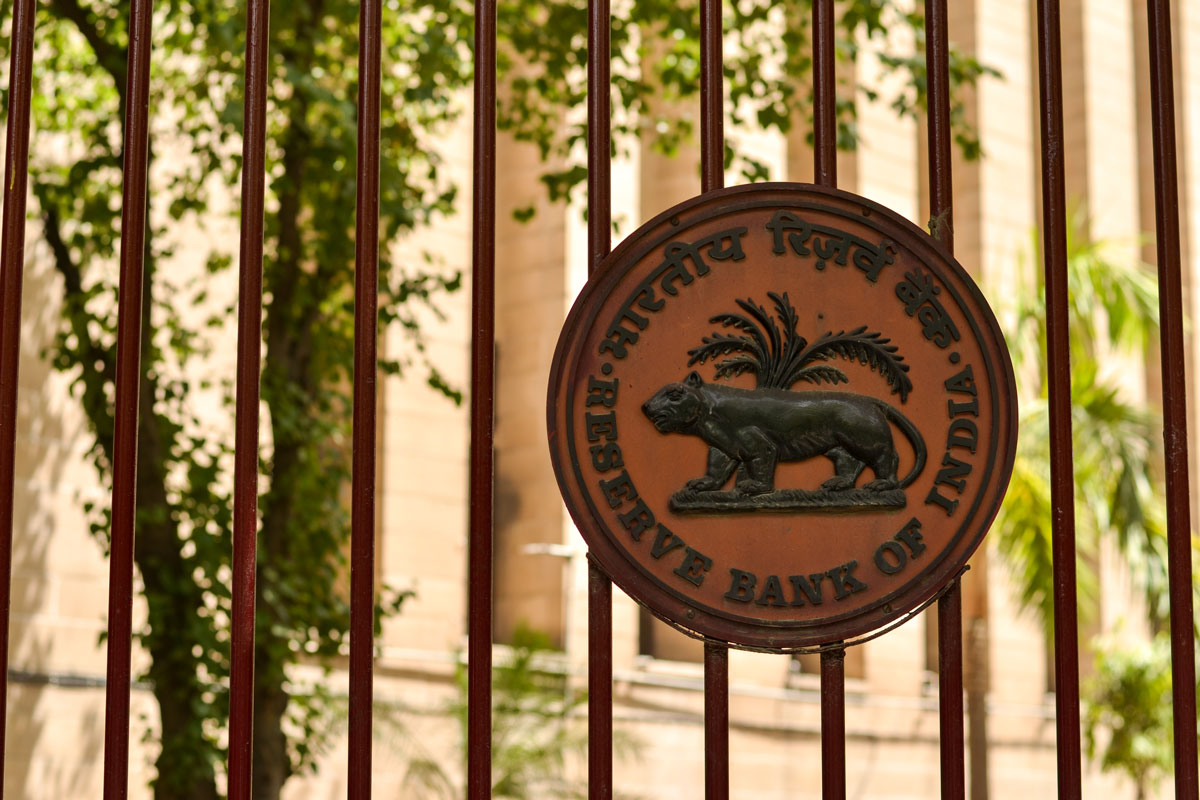Foreign investors selling Indian equities due to ‘profit booking’: Nirmala Sitharaman
Union Finance Minister Nirmala Sitharaman Monday said the foreign institutional investors (FII) are selling Indian equities lately due to the profit booking.
The contraction is ebbing with gradual normalisation in activities and expected to be short-lived.

The central bank cautioned formidable downside risks – especially inflation. (Photo: iStock)
India’s economy has entered into a recession for the first time in history in the first half of 2020-21, the Reserve Bank of India (RBI) said in a report.
RBI’s Economic Activity Index estimates that India’s GDP growth for the second quarter of the current financial year was negative and the GDP contracted by 8.6 per cent during the quarter.
Advertisement
“India has entered into a technical recession in the first half of 2020-21 for the first time in its history with Q2:2020-21 likely to record the second successive quarter of GDP contraction,” it said.
Advertisement
The contraction is ebbing with gradual normalisation in activities and expected to be short-lived.
The RBI report said that at a time when global economic activity is besieged by the outbreak of the second wave of Covid-19, incoming data for the month of October 2020 have brightened the near-term outlook for the Indian economy and stirred up consumer and business confidence.
“With the momentum of September having been sustained, there is optimism that the revival of economic activity is stronger than the mere satiation of pent-up demand released by unlocks and the rebuilding of inventories. If this upturn is sustained in the ensuing two months, there is a strong likelihood that the Indian economy will break out of contraction of the six months gone by and return to positive growth in the third quarter (Q3) of 2020-21,” it said.
“Since the assessment of the performance of the Indian economy in the first half of 2020-21 that was presented in the Monetary Policy Report of October 2020, several developments point to a window of respite opening up and an unshackling of economic activity from the grip of Covid-19 as the festival season sets in,” it added.
The central bank cautioned formidable downside risks – especially inflation. It said the foremost (risk) is the unrelenting pressure of inflation, with no signs of waning in spite of supply management measures such as the imposition of stock limits on onion traders, imports of potatoes and onions (without fumigation) and a temporary reduction in import duties on pulses,” adding that the “second major risk to the economy stems from the global economy now at risk from the second wave of Covid-19. Should external demand collapse again as commodity prices seem to foretell, the recent recovery in exports could become stillborn.”
Advertisement